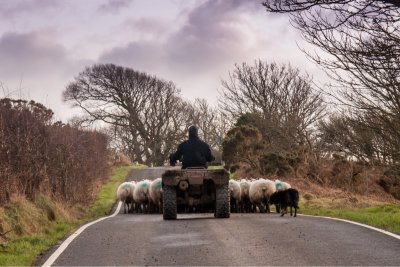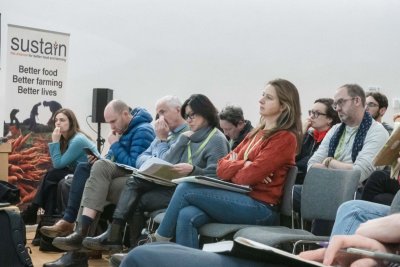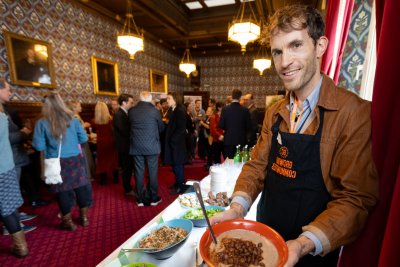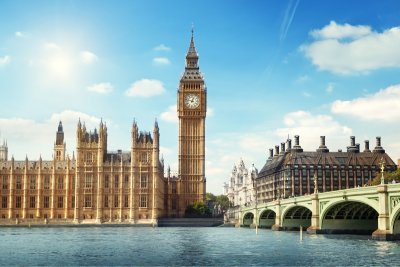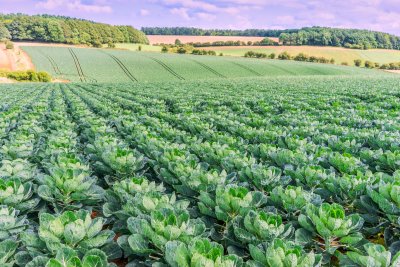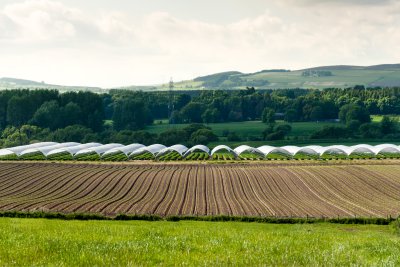Full control impossible in shared waters
In an article in yesterday’s Guardian [1] Ms Damanaki said “The idea that you can control fisheries at a national level is an illusion for any country, but especially the UK - with Brexit or without. International cooperation is needed to keep stocks and control.”
Damanaki pointed to the position of the UK within international waters, with most of its fishing grounds shared with other nations. “How would you control the waters between Ireland and the UK?. How would you control the other international waters [such as the North Sea and the English channel]?”
Others, including fisheries expert Bryce Beukers-Stewart of York University point out that whilst many countries that successfully manage their fisheries sustainably have sole control over their waters (such as Iceland, USA and New Zealand), they are much more isolated from their neighbours than Britain. For example, one of Britain’s key fishing grounds, the North Sea, is shared with six other countries [2]
Damanaki said that the claims that fishermen would benefit from Brexit by being released from the EU’s CFP were exaggerated. In response to claims that Britain could set its own independent catch limits, Damenaki said “This does not make sense.”
David Powell, of the New Economics Foundation, agreed: “Fishers may have been sold a pup by the Leave camp. Fish in our waters don’t care about lines on maps, and we share every single major fish stock with other countries. We’ll need to keep on sitting down and reaching genuine agreement with our neighbours about who gets to fish what.”
Fisheries hugely important in trade negotiations
Opportunities for thriving coastal communities
Conservationists have repeatedly pointed out that the UK government, rather than Brussels, is responsible for giving large shares of the UK catch allocation to large vessels rather than the smaller vessel fleet that employs more fishermen. Nonetheless, Brexit presents an opportunity to address this imbalance.
Dale Rodmell, the assistant chief executive of the National Federation of Fishermen’s Organisations, which represents fishermen, acknowledged that collaborative EU management will be required and called for greater fairness “Of course, we will have to negotiate sensible bilateral arrangements with EU countries, but Brexit will provide an opportunity to address historic injustices in quota distribution and to control how many non-UK vessels fish in our waters and how and where they fish.”
Sustainable Fish: A campaign to protect precious marine environments and fishing livelihoods, and call for fish to be bought from sustainable sources. We want to show what can be done if people and organisations make a concerted effort to change their buying habits.

